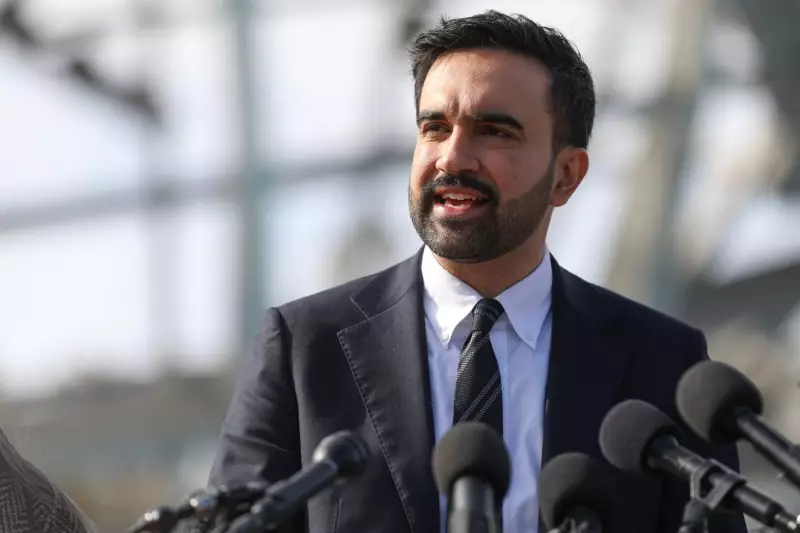
In a disturbing trend of online political manipulation, several prominent US-based social media influencers have been caught spreading false information about New York State Assemblymember Zohran Mamdani, wrongly associating the progressive politician with a designated extremist organization.
The False Allegations Gain Traction
Multiple influencers with substantial followings have recently circulated content falsely claiming Mamdani has ties to the Revolutionary People's Liberation Party/Front (DHKP/C), a group officially designated as a terrorist organization by both the United States and Canada. These allegations have been repeatedly debunked by fact-checkers and lack any credible evidence.
Political Context of the Smear Campaign
The misinformation campaign appears to target Mamdani's progressive political stance and his vocal criticism of US foreign policy. As a member of the Democratic Socialists of America, Mamdani has been an outspoken advocate for Palestinian rights and has criticized American military interventions abroad.
Key aspects of the false narrative include:
- Misrepresentation of Mamdani's political positions
- Out-of-context quoting of his statements
- Guilt-by-association tactics without factual basis
- Deliberate confusion of legitimate political advocacy with extremism
Expert Analysis on Political Misinformation
Digital misinformation experts note that such smear campaigns are becoming increasingly common in American politics, particularly targeting progressive politicians of color. The tactics often involve:
- Exploiting complex foreign policy positions
- Using inflammatory language to generate engagement
- Leveraging social media algorithms that prioritize controversial content
- Creating false equivalencies between legitimate criticism and extremism
Response and Fact-Checking
Multiple independent fact-checking organizations have thoroughly investigated the claims against Assemblymember Mamdani and found no evidence supporting the allegations of connections to extremist groups. The politician's office has consistently denied these false associations.
"This appears to be a coordinated effort to undermine legitimate political discourse through baseless smears," noted one digital ethics researcher studying the phenomenon.
Broader Implications for Political Discourse
The incident highlights growing concerns about the role of social media influencers in shaping political narratives and the challenges of maintaining factual discourse in increasingly polarized digital environments. As these false claims continue to circulate, they raise important questions about:
- Social media platforms' responsibility in curbing misinformation
- The impact of false allegations on democratic processes
- The weaponization of national security concerns for political attacks
- The vulnerability of political figures to online smear campaigns
The situation continues to develop as digital rights organizations monitor the spread of these false allegations and their impact on political discourse in the United States.






